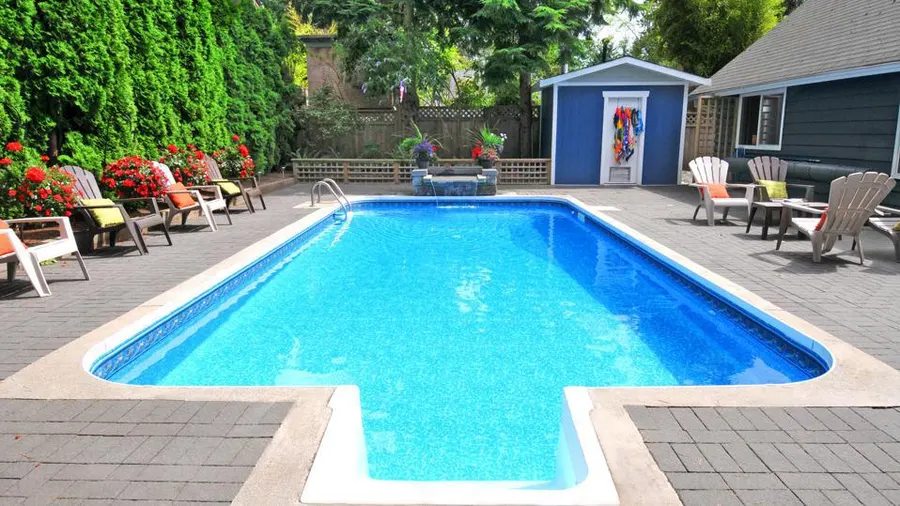In-ground swimming pools are a hallmark of luxury and relaxation, transforming backyards into private oases. Paired with efficient pool heaters, they offer year-round enjoyment, making them a worthwhile investment for any homeowner looking to enhance their property’s value and their family’s lifestyle.
The Appeal of In-Ground Swimming Pools
In-ground pools are preferred for their aesthetic appeal and customization options. Unlike above-ground alternatives, they seamlessly integrate into the landscape, offering a more permanent and visually appealing addition to your home. Available in various shapes, sizes, and depths, in-ground pools cater to diverse preferences, whether you prefer a lap pool for exercise or a sprawling design for family gatherings.
Design and Construction Considerations
Designing an in-ground swimming pool involves several critical decisions. Firstly, selecting the right location is key, considering factors like sunlight exposure, privacy, and accessibility. Consulting with a professional pool designer ensures that the pool’s layout maximizes both function and aesthetic harmony with your property.
Construction involves excavation, plumbing, and electrical work, all managed by experienced contractors to ensure structural integrity and compliance with local building codes. Materials like concrete, fiberglass, or vinyl are chosen based on durability, maintenance requirements, and budget.
Enhancing Comfort with Efficient Pool Heaters
For those keen on extending their swimming season beyond summer, efficient pool heaters are indispensable. They maintain water temperatures at comfortable levels, enabling enjoyable swimming even during cooler months or chilly evenings. The choice of heater depends on factors like pool size, climate, and energy efficiency goals.
Types of Pool Heaters
- Gas Heaters: Utilizing propane or natural gas, these heaters are known for their rapid heating capabilities, making them ideal for quick temperature adjustments. They are cost-effective for short-term heating needs but may have higher operational costs compared to other types.
- Heat Pumps: By extracting heat from the surrounding air and transferring it to the pool water, heat pumps offer energy-efficient heating. While they operate more slowly than gas heaters, they are cheaper to run over time, making them a popular choice for consistent, long-term pool heating.
- Solar Heaters: Harnessing energy from the sun, solar heaters utilize panels installed on roofs or nearby structures to heat water naturally. They are environmentally friendly and cost-effective once installed, relying solely on sunlight for operation.
Factors Influencing Heater Selection
When selecting a pool heater, consider factors such as:
- Climate: Cold climates may necessitate more powerful heaters or supplementary heating methods.
- Pool Size: Larger pools require more heating power to maintain desired temperatures.
- Energy Efficiency: Choose heaters with high energy efficiency ratings to minimize operational costs.
- Maintenance: Evaluate maintenance requirements to ensure longevity and optimal performance.
Maximizing Efficiency and Savings
To maximize efficiency and savings, consider integrating a pool cover. Covers minimize heat loss and reduce the workload on heaters by preserving water temperature and minimizing evaporation. Additionally, regular maintenance, including cleaning filters and inspecting heaters for optimal function, ensures longevity and efficient operation.
Conclusion
In-ground swimming pools combined with efficient pool heaters offer unparalleled comfort and enjoyment throughout the year. Whether you’re relaxing on a hot summer day or unwinding in a heated pool during cooler seasons, this investment enhances both your property’s value and your family’s lifestyle. By carefully selecting the right pool design and heater type, and maintaining them properly, you can create a haven of relaxation and entertainment right in your own backyard.
Additional:

